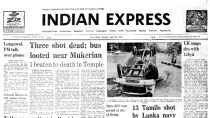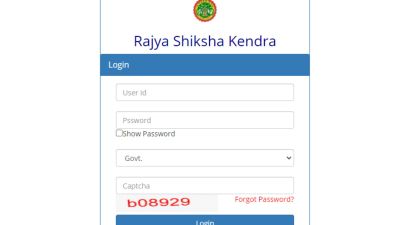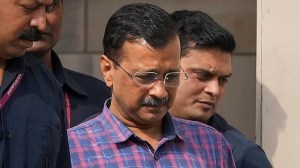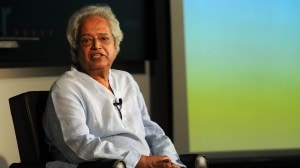- India
- International
The Hindalco contradiction
On coal, Manmohan Singh made the case for auctions. And also took the discredited allotment route.
 In 2004, the PM agreed with his coal secretary, Parakh, that all applications for allotment coming after June 28, 2004 should be dealt with only through auctions.
In 2004, the PM agreed with his coal secretary, Parakh, that all applications for allotment coming after June 28, 2004 should be dealt with only through auctions.
Forget the legal quibble over the summons to former Prime Minister Manmohan Singh in the Talabira II coal block allocation case. The report by the CAG, read with the bare-bones recital by then coal secretary P.C. Parakh, and the clarification issued by the Press Information Bureau (PIB) in October 2013, show that just when Singh was fighting a losing battle to move to an auction mode, he also approved the Hindalco case. The two ran counter to each other.
Singh certainly derived no monetary benefit from the Hindalco decision. So the CBI special court’s claim of conspiracy is pretty much over the top. Yet, there is an intellectual dichotomy in pursuing two opposite decisions at the same time, which Singh certainly did.
Let’s consider the chronology of events that year. In 2004, the PM agreed with his coal secretary, Parakh, that all applications for allotment coming after June 28, 2004 should be dealt with only through auctions. The proposal was submitted by Parakh to Singh who, as coal minister, agreed with it not once but twice. The second approval was signed by Singh on March 24, 2005.
Kumar Mangalam Birla’s letter about the allocation of a coal block to Hindalco came later — on May 7, 2005. In between, the only change that had occurred was that the MoS for coal, Dasari Narayan Rao, had succeeded in convening a meeting of all concerned parties, including the PMO, to agree that auctions would need an amendment of the coal mines (nationalisation) act, pending which all applicants for coal blocks should be dealt with by the screening committee route. This happened on July 25, 2005.
It will be for the CBI to figure out what Rao’s compulsions were to make his suggestions, but it is difficult to understand how Singh could sign on two contradictory positions in the space of three months. Former CAG Vinod Rai’s book also points out that just as Parakh had predicted, even as Rao began to make sympathetic noises that the government should ease up on its conviction to hold the auctions, “a spate of applications had been received and these applicants were putting pressure, demanding status quo in the system”. But both Parakh and Rai agree that while Singh had retreated, he had not given up his belief that there should be auctions for the coal block allotments.

The Hindalco case should then have become a test case for Singh to demonstrate that belief. Yet, the PIB press release shows that by August, even as Singh asked the coal ministry to quickly move a cabinet note to introduce auctions for coal, he also asked them to consider favourably the Hindalco application, using the discredited allotment route. The application was now bolstered by a strong recommendation from the Odisha chief minister: “The [Hindalco] file on the matter was returned [from the PMO] with the comment that… the ministry of coal may please take this letter of CM, Odisha on record, re-examine the matter in light thereof and resubmit the file”.
There was, and is, plenty of merit in the arguments offered by Birla when he made the case for Hindalco. Rai, for instance, has defended the process of allocation in the Hindalco case as being transparent (but, of course, regarding Parakh). But, in the circumstances, it would have been far more correct for the PM to have deferred the decision in specific cases, no matter how well those were made out. This is particularly because there was no other case that required his intervention. He was fully aware of the fight that Parakh was waging on a matter of principle. Singh could have gone public to express the regret he felt in rejecting a well-deserved case at the altar of the same principles.
Where Singh erred was that, in trying to cover up for the systemic delay, he allowed specific cases of hardship to pass through. But his decisions were the perfect ruse for less scrupulous people like Rao, and others after him, to clear less meritorious cases too.
In a way, this was even more dangerous than the 2G scam, where the then telecom minister, A. Raja, wrote in new rules to play favourites. This was illegal. Singh had shown that applicants could be blessed, genuine or otherwise, without changing the rules. The fact that he did not derive any pecuniary benefit does not make this a smaller problem. The two positions were irreconcilable and it was this chink that allowed the coal allocations to become the problem they did.
One is led to infer that the former PM was not fully convinced about the principles of coal block auctions. Else, like the India-US civil nuclear deal, he may have been more vigorous in this case too. The plan for auctions was not his brainchild, certainly.
subhomoy.bhattacharjee @expressindia.com
EXPRESS OPINION
Must Read
More Explained
Apr 23: Latest News
- 01
- 02
- 03
- 04
- 05









































